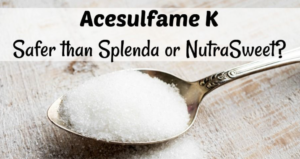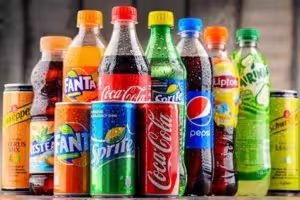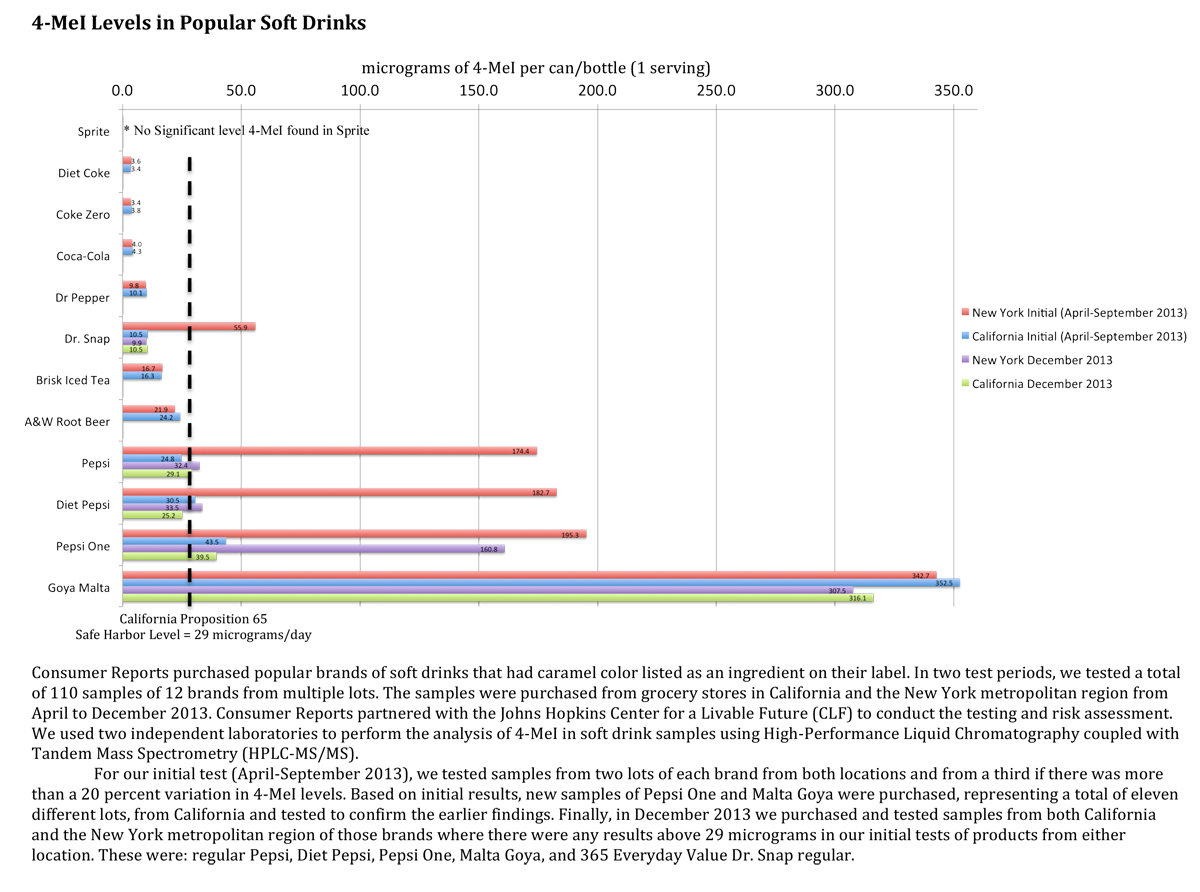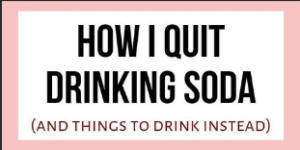Soda… What does it do to our bodies?
Soda has been a popular beverage for decades. But have you ever wondered what harmful ingredients it might contain and what they may do to your body?
Consuming soda has been linked to numerous adverse effects on the human body, as stated by the Centers for Disease Control and Prevention (CDC). These effects include an increased risk of weight gain and obesity, non-alcoholic fatty liver disease, type 2 diabetes, heart and kidney disease, as well as tooth decay and cavities. Additionally, soda consumption has been associated with an increased risk of gout. (Get the Facts: Sugar-Sweetened Beverages and Consumption | Nutrition | CDC)
Colas can cause you to pack on pounds quickly, putting you at risk for obesity and chronic disease. In addition to the calories and sugar, sodas — particularly dark-colored sodas — contain chemicals and acids that give them their distinct taste and color. These chemicals can also take a toll on your health.
Let’s dig into what chemicals found in soda can be potentially harmful to your body:
Bisphenol A – in most Soda Bottles
BPA stands for bisphenol A, an industrial chemical used to make certain plastics and resins since the 1950s.
Artificial color
The most common artificial dyes in soda are caramel color (4-mel), yellow #5, and blue #1.
Phosphoric acid and caffeine
Excessive intake of phosphoric acid changes the calcium/phosphorus ratio and imbalances not only the calcium/phosphorus ratio but also the acid-base in the body, resulting in decreased bone density, osteoporosis, and fractures.
Brominated vegetable oil
Brominated vegetable oil is used to help emulsify citrus-flavored soft drinks, preventing them from separating during distribution.
Sodium Benzoate
Known as benzoate of soda is the sodium salt of benzoic acid, widely used as a food preservative (with an E number of E211) and a pickling agent
Sodium benzoate can act as a food preservative.
High-fructose corn syrup
High-fructose corn syrup, also known as glucose-fructose, isoglucose, and glucose-fructose syrup, is a sweetener made from corn starch.
Acesulfame potassium
Acesulfame potassium, also known as acesulfame K or Ace K, is a synthetic calorie-free sugar substitute often marketed under the trade names Sunett and Sweet One.
Bisphenol A (BPA)
BPA is found in polycarbonate plastics and epoxy resins. Polycarbonate plastics, such as water bottles, are often used in food and beverage containers. They may also be used in other consumer goods.
Bisphenol A (BPA) in soda can have health risks, including:
- Possible effects on the brain and prostate gland of fetuses, infants, and children
- Affecting children’s behavior
- Increased blood pressure, type 2 diabetes, and cardiovascular disease
- Potential harm to the immune system
- Interference with endocrine function
- Risks related to heart disease, type 2 diabetes, body weight, fetal brain development, breast and prostate cancer, and asthma
Artificial Color: 4-methylimidazole (4-mel) 
4-Mel is a chemical found in sodas that produces caramel coloring. It is a chemical compound that forms a byproduct at low levels in some foods and beverages during ordinary cooking. It is used to make certain pharmaceuticals, photographic chemicals, dyes, pigments, cleaning and agricultural chemicals, and rubber products. Dark-colored sodas contain a potentially carcinogenic chemical called 4-methylimidazole (4-MeI)
The World Health Organization’s International Agency for Research on Cancer, along with the state of California, which now limits manufacturers to 29 micrograms of exposure for the average consumer per day, believes the chemical causes cancer. Large amounts of 4-Mel caused lung, liver, and thyroid cancer as well as leukemia in studies performed on rats.
In 2007, a federal government study concluded that 4-MeI caused cancer in mice, and in 2011, the International Agency for Research on Cancer determined the chemical to be “possibly carcinogenic to humans.” As of January 7, 2012, California requires manufacturers to label a product sold in the state with a cancer warning if it exposes consumers to more than 29 micrograms of 4-MeI per day. There’s no federal limit for levels of 4-MeI in foods and beverages; however, California has taken steps to address this issue.
Sodas that contain 4-Mel include Malta Goya, Pepsi One, Diet Coke, Coke, and Coke Zero.
Phosphorus and Phosphoric Acid
Phosphorus in soda can be harmful for you because:
- Excessive phosphorus intake can reduce calcium levels and hinder the body’s ability to utilize other minerals.
- Regularly consuming high amounts of soda has been associated with a higher risk of bone fractures.
- Phosphoric acid harms tooth enamel.
- Cola drinks containing phosphoric acid can be hard on the kidneys and may result in kidney damage.
Phosphorus is a mineral that keeps your bones strong and other body parts healthy. Your kidneys can’t remove extra phosphorus from your blood very well. Too much can weaken bones and damage your blood vessels, eyes, and heart. Meat, dairy, beans, nuts, whole-grain bread, and dark-colored sodas are high in phosphorus. Phosphorus is also added to lots of packaged foods.
Phosphoric acid contains phosphorus in the form of phosphate. It exists naturally in foods such as meat and dairy, but the type added to soda is synthesized. Phosphoric acid is added to soft drinks to help prevent the growth of molds and bacteria in sugary formulas and to provide a sharper after-taste.
The consumption of soda is undeniably linked to a higher risk of bone fractures, even in teenagers, and an increased risk of developing osteoporosis. Minerals such as calcium unquestionably provide strength and density to bones; therefore, reduced mineralization undeniably leads to weak or brittle bones. Moreover, another significant reason why drinking sodas may weaken bones is that they often undoubtedly replace calcium-rich milk in the diets of children and teenagers. Furthermore, caffeine can surely interfere with calcium absorption and unquestionably contribute to lower bone density.
Health Risks of Fructose in Dark Soda
Regular colas contain fructose, a high-fructose corn sweetener component that the body metabolizes and stores as fat. Furthermore, the dark color of colas is attributed to chemicals, and the artificial sweeteners in diet colas can potentially contribute to increased fat storage.
It’s important to be mindful of fat accumulation, as it can lead to nonalcoholic fatty liver disease and potentially progress to cirrhosis, a serious condition marked by liver scarring. A 2015 study published in the Journal of Hepatology highlighted the link between consuming fructose and the increased risk of developing this condition. The study also found that adults who drank more than one sugary beverage per day were 55% more likely to have fatty liver disease compared to those who did not.
Brominated vegetable oil (BVO)
Brominated vegetable oil (BVO) is included in sodas to keep the artificial flavors and the rest of the soda from separating. While it might do its job, it’s also linked to health issues such as memory loss, nerve disorders, and skin conditions. BVO is in many types of beverages. It’s commonly found in beverages such as Fanta, Mountain Dew, and Gatorade. One of the main components in BVO is bromine, the same element found in brominated flame retardants.
What is brominated vegetable oil, and why did the FDA ban it in food? | Live Science
ACE-K 
It is around 200 times sweeter than sugar and is used to give food and drinks a sweet taste without adding calories (2Trusted Source). Acesulfame works by stimulating the sweet-taste receptors on the tongue so a person can enjoy the taste of sweetness without consuming sugar.
Manufacturers usually blend acesulfame potassium with other sweeteners, such as aspartame and sucralose, to mask the bitter aftertaste that sweeteners can have on their own. Interestingly, the body may not break down or store acesulfame potassium as it does with other food. Instead, the body absorbs it and then passes it, unchanged, through urine.
The CSPI Trusted Source states that despite the limitations of early research, there are health concerns associated with Ace-K, including cancer, hormone disruption, and risks to pregnant individuals. Additionally, there is evidence that acetoacetamide, a substance formed in the body during the breakdown of Ace-K, can cause thyroid damage in laboratory animals.
Finally, a study determined that the chronic use of Ace-K in male mice was linked to possible changes in brain function over a period of 40 weeks.
4 Tips to Sip Sugar/Chemical-Free
- Read nutrition labels and ingredients. Drinks that may seem reasonable for you, like energy drinks and bottled smoothies, could be loaded with added sugars. Look for these terms in the ingredients list: sucrose, glucose, maltose, dextrose, syrups, concentrated fruit juice, agave, and honey. Read the Nutrition Facts label carefully. One container may be more than one serving, which can double or triple the added sugars you’re getting.
- Cut back slowly. If you regularly drink sugary beverages, slowly incorporate less sweet versions into your day. For example, stir together half-sweetened iced tea with half-unsweetened iced tea. Gradually reduce the number of sweetened beverages.
- Choose water. Plain water is your body’s preferred way to hydrate, and it’s naturally sugar-free. Here are some ways to make drinking water easy and more enjoyable:
- Carry a refillable water bottle or keep a cup at your desk to make water the go-to choice.
- Add slices of your favorite fruits for a boost of flavor.
- Try seltzer or sparking water if you prefer fizzy carbonated drinks.
-
- Sip a smoothie. When you’re in the mood for something sweet or need an afternoon energy boost, skip the sweetened coffee and soda. Instead, whip up a homemade smoothie. Toss any fruits and/or vegetables you have on hand into a blender with ice, fat-free, or low-fat milk or yogurt.




